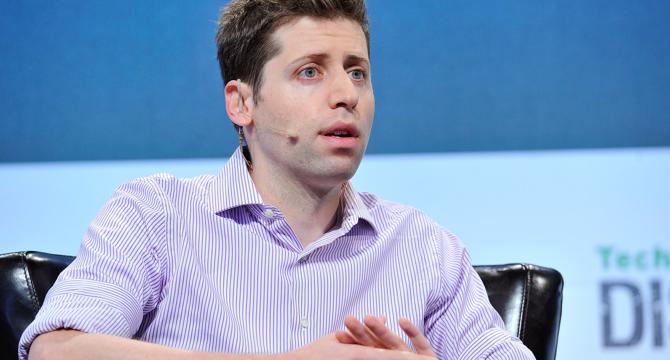Siliconangle
1M
318

Image Credit: Siliconangle
Sam Altman pledges more openness as OpenAI works towards AGI
- OpenAI CEO, Sam Altman, has claimed that his company intends to broadly distribute the benefits of achieving artificial general intelligence, giving everyone a “compute budget”. Altman has sought “early intervention” to ensure that the balance of power between capital and labour does not become too disrupted. OpenAI may be in talks over a $40bn funding round, just months after raising $6.6bn. Altman believes cheap access to the technology will increase as AI technology gains increases, and it becomes increasingly accessed by everyone, with millions of hyperscale AI systems that can tackle problems 'in every field of knowledge work'.
- Altman has assured that he does not believe AGI-level systems will be the ones providing the biggest new ideas, but that he expects such systems to greatly enhance human innovation as they allow people to leverage artificial general intelligence to fulfil their goals and expand creativity. He also confirmed that the company would make major decisions to maintain safety if and when it creates an AGI-level system.
- Many of the systems created by OpenAI have been kept under wraps so far and it now seems that the company will be adopting some open-source processes in a bid to be more open about its AI systems.
- OpenAI plans to prevent AGI systems from being used by authoritarian governments to “control their population through mass surveillance” and forestall the “loss of autonomy”.
- Altman’s plan for the company will be focused primarily on individual empowerment as it works to achieve the near-total distribution of the benefits of artificial general intelligence, Altman added.
- OpenAI no longer sees its path as being purely not-for-profit, as it now aims to keep over $100bn in annual revenue by 2029.
- The rise of Chinese AI outfit DeepSeek Limited indicates that powerful AI being developed may become more affordable in the future, though Altman reiterated that investments will need to be huge in order to achieve AGI.
- Although an AGI-level system may cause job losses in certain sectors, its real value will be in running such systems at enormous scales and distributing broad benefits across society.
- OpenAI's effort to democratise AGI makes it likely that the company will have to adopt a more open and transparent approach about AI technology. Altman has set a tone that will help OpenAI meet its current AI research demands.
- Altman envisions a future in which AI manages problems “in every field of knowledge work”. Although the development of such ideas is still in the early stages, and many unproven and experimental theories are being tried every day, it is possible that OpenAI may become one of the leaders of AGI research in the future.
Read Full Article
19 Likes
For uninterrupted reading, download the app